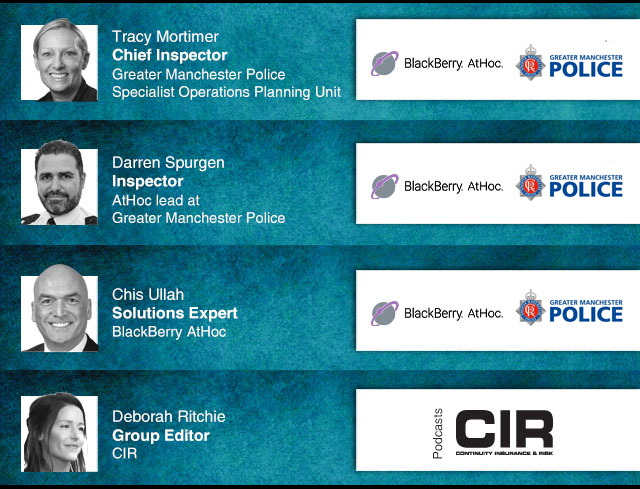Business leaders are more concerned about new and evolving competition, technology-impacted processes and regulation than they are about COVID-19, signalling a shift in focus beyond the pandemic.
This is according to a report released today by global consulting firm, AlixPartners, whose 2021 Disruption Index suggests that executives have already begun to plan for new waves of disruption in a post-pandemic world.
“It’s clear from the data that despite its acute effect, executives see COVID-19 as being overall less impactful than longer term business challenges such as automation or environmental concerns. Given the tremendous effects we are witnessing globally as a result of the pandemic, this underscores just how severe and dynamic the forces of disruption are in today’s business climate,” said Simon Freakley, CEO of AlixPartners. “Disruption is quite clearly the new economic driver.”
The 2021 AlixPartners Disruption Index polled 3,149 director and C-level executives from the US, Canada, UK, France, Germany, Italy, Switzerland, China and Japan across the aerospace and defence, automotive, consumer products, financial services, media and entertainment, retail, technology, telecom and cable industries between November 2020 and January 2021.
Some 85% said that disruption is the primary strategic challenge confronting business and society, yet only 37% have high confidence in their ability to withstand it. Half were worried about losing their job due to the levels of disruption facing their industry. Despite this challenging context, almost half saw their organisation as in a better place compared with a year ago.
Half of those polled believe a talent gap makes their organisation vulnerable to disruption, which rises to 59% in the C-suite. Rather than investing in new technology (which is the top strategy cited by 53% of executives to withstand disruption) a more urgent priority for many is closing the talent gap as they face disruption.
“2020 was a high-pressure and high-stakes year for business, but the best performing executives were vigilant about disruption and, by being aware of it and actively addressing it, they have propelled their businesses forward,” Freakley opined. “Successful executives are finding the opportunity in chaos and complexity; they think about the impact of disruption to fuel a proactive response which not just mitigates but also harnesses today’s many disruptive forces.”
Moving on: Additional report findings (Source: The 2021 AlixPartners Disruption Index)
• Executives who consistently think about the impact of disruption – on their business, their employees, or their personal job security – view their companies as better off now than they were a year ago. Some 39% of global executives surveyed said their organisation was better off than it had been the year prior; nearly 40% of the “better off” executives view disruption as an opportunity, while almost the same percentage of the executives who said they were “worse off” view it as a threat.
• Around 65% said they are highly impacted by two or more disruptive forces and to respond to disruption, organisations are taking an average of three to four actions. The most regularly cited response is investing in new technology – 53% of global executives are doing this.
• Executives in China (50%) and the US (48%) were among the most confident across markets in their organisations’ ability to withstand disruptive forces (by comparison 37% globally are highly confident); Italy (31%) and Japan (24%). About a third from the UK and Japan viewed disruption as a threat to their organisation rather than an opportunity (vs. 23% globally).
• 37% of executives globally across industries said they were highly confident in their ability to withstand disruption. Despite this tumultuous year, aerospace and defence executives are the most confident in their organisations’ ability to withstand disruptive forces (45% highly confident), while automotive executives were the least confident (29% highly confident).
Image courtesy Siemens
Printed Copy:
Would you also like to receive CIR Magazine in print?
Data Use:
We will also send you our free daily email newsletters and other relevant communications, which you can opt out of at any time. Thank you.













YOU MIGHT ALSO LIKE